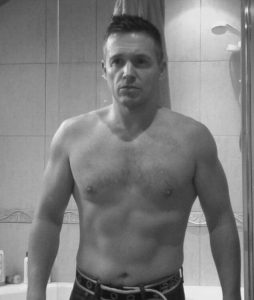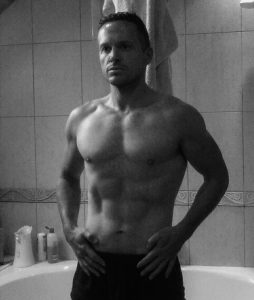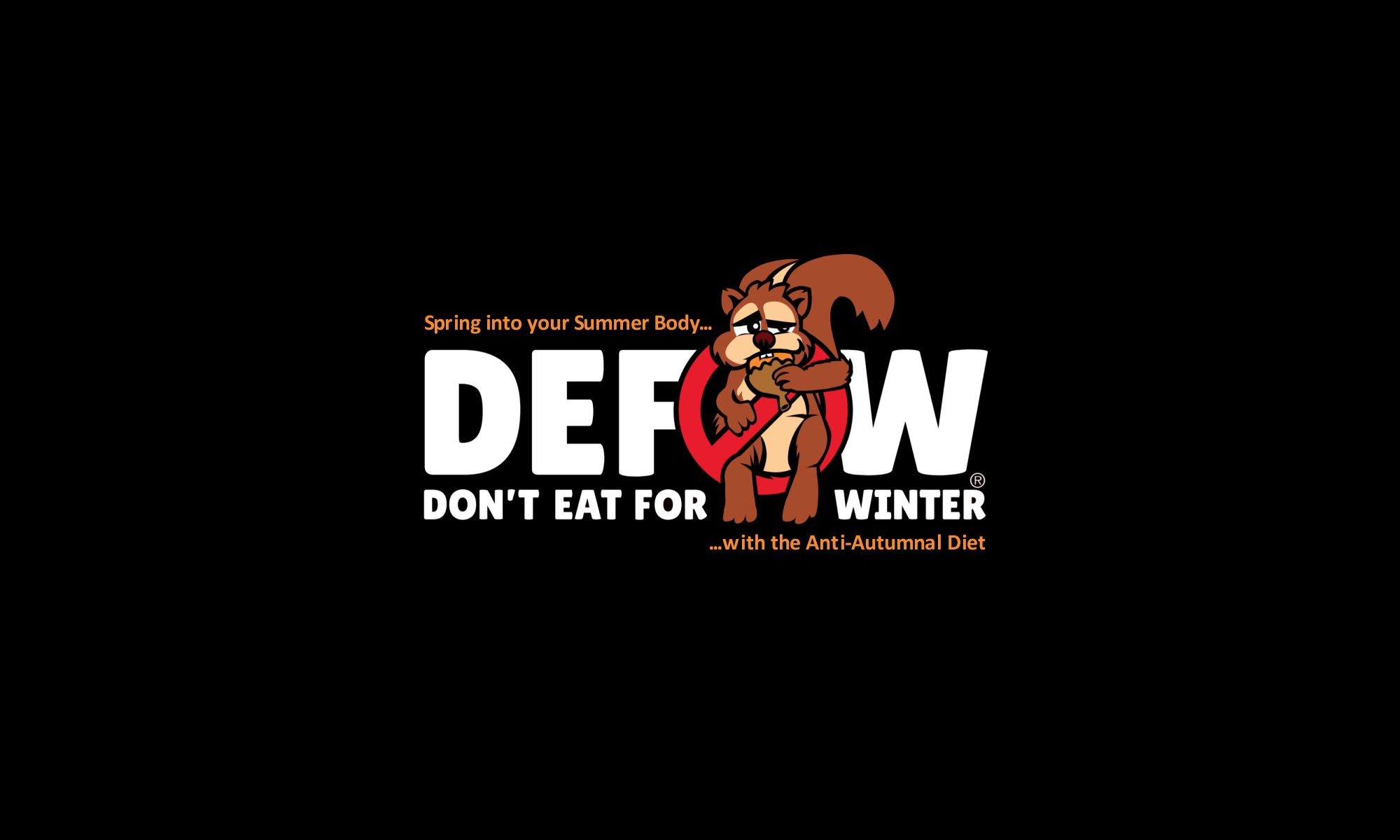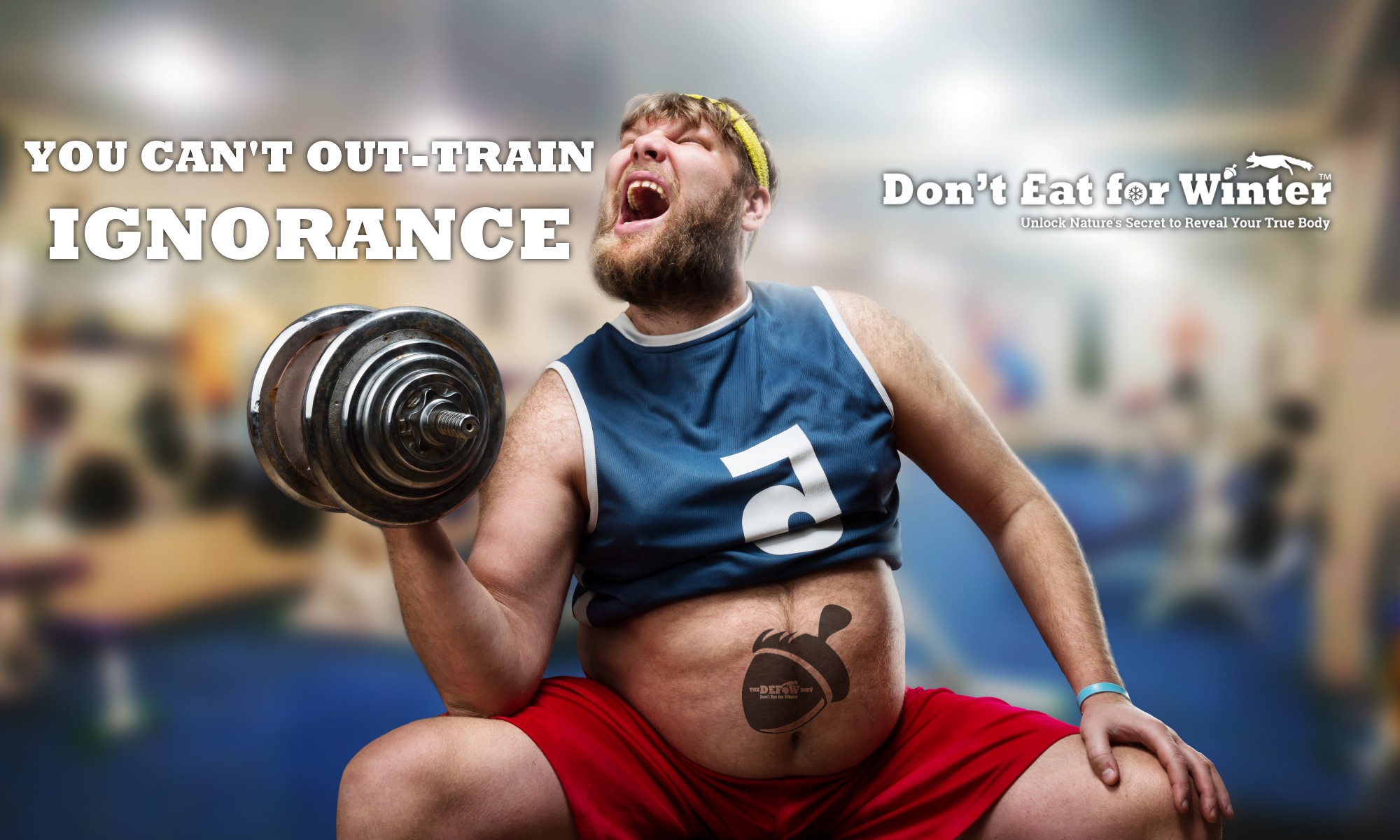It really bothers me when I see people training really hard in the gym, pounding the roads, and putting their bodies on the line, through suffering and pain, but never seeing the change in body shape they deserve. People who work-out regularly like this should look like greek gods and goddesses, but instead they see very little change or progress is extremely slow and one slip up like a holiday or weekend of fun and that progress is lost.
Here are the kinds of things I’ve heard and some quick answers:
Q. I eat well and exercise but I can’t lose weight
You can eat well but if the combinations are wrong you can be triggering fat storage… that doesn’t mean it’s not healthy but you can still eat healthy and put on weight. Many natural foods have a higher position on the glycemic index than sugary soft drinks!!!
Q. I work out every day and can’t lose the weight
This is more than likely diet related. I would suggest that upward of 80% of weight loss is diet related and exercise can account for the rest if you train hard. You cannot out train a bad diet, however, and you certainly cannot out train a bad diet if you don’t know what a bad diet is, this is what I mean when I say in the book: you can’t out train ignorance. I was totally ignorant to diet, but to be honest, it wasn’t all my fault, the experts told us eating lots of carbs was healthy and low-fat became the de-facto standard. Has it worked? Is the world slimmer? No, it’s not because we’re doing something wrong but things are changing as now we have sugar taxes being introduced, and the food-pyramid has changed and there is a growing consensus that too many carbs in our diets are the issue. Our diets today are extreme-carb-diets and killing us slowly. If we keep doing the same thing we’ll keep getting the same results. Don’t Eat for Winter suggests sensible change, without throwing the baby out with the bathwater.
Q. Why am I not seeing weight loss with exercise
Same point as above really, you can train as hard as you like but if you eat incorrectly you simply cannot burn enough calories to lose weight. Exercise will increase your metabolism during recovery but eating certain foods retards the fat burning process. If you understand these processes you will be able to tailor a diet for your own body’s requirements.
Q. How much exercise do I need to do to lose weight
If losing weight is your goal through exercise, then you will have to put in some serious mileage. I was trekking around a local mountain range 3 days a week for years along with my kettlebell workouts, doing a colossal amount of work and the weight would not shift until I changed my diet. I don’t suggest calorie counting or any form of denial, besides precise control of your carb energy supply.
Q. I’m on a low calorie diet but I’m not losing weight
This is an interesting one, you’ve probably slowed your metabolism down and so any little bit of food your body gets, it tries to store on to for survival purposes. You have to keep your metabolism fired up and recent research suggests that a low carb diet causes your metabolism to increase by up to 300 calories per day… you’d have to work quite hard to burn that in a gym.
Q. I’m running, cycling, swimming but not losing weight
If you’re not doing this sort of exercise intensely, you’re probably burning a little fat during the session and the recovery might not cause a pronounced metabolism increase. It’s well worth exercising in this way to get the lungs going and heart rate up, but again unless you are covering very long distances over a long time, you probably will not see significant body changes. Consider supporting your cardio with anaerobic resistance training on alternate days.
Q. Can I lose weight by not exercising
The short answer here is yes, and personally, I think you should not perform certain exercises such as running if you are carrying a lot of weight in order to protect your joints. First look at your diet, how many times a day are you carbing up… do you need that much sugar energy (remember spuds, pasta, rice are essentially sugar too). Then tweak your diet slowly, making little changes at a time.
Support your weight loss with fun exercise, hill walking with friends, some resistance training with machines, and non impact cardio on bicycle, rower, cross trainer etc. Get out into nature where possible. Don’t kill yourself in the beginning or you will just end up seeing it the same way people see restrictive diets… torture, denial, pain etc. It should always be enjoyable, why would you do something you don’t enjoy?
With the correct supporting diet, you will change drastically and in a very short space of time. I know because I was that person and it happened to me.
As soon as I figured out that my problem was that I was Eating for Winter all the time, I came up with the Don’t Eat for Winter strategy to combat it: a set of guidelines known as The DEFoW Diet. Once I applied this things changed literally overnight (well a few months but metaphorically speaking). You see I had been training intensely for 4 years, the pinnacle of which was when I won the amateur long cycle event in the World Championships in November 2015 beating off 14 competitors from across the world, champions of their own countries. I trained 6 times a week and put my body on the line every time I trained. I got rewarded with a title, but my body was still meh… A lot of other kettlebell athletes are the same, they work incredibly hard but body shape barely changes over years and years. That’s because body shape change due to exercise requires a supporting diet.
As soon as I applied the solution I came up with, within 8-12 weeks I changed so much I had to pinch myself.
The pictures below will give you an idea, the first is me after 4 years of training almost every day, and my diet was pretty good. The second was a couple of months after applying The DEFoW Diet.


Once you hit your true form you’re there, it’s just tweaking after that and that’s what I’ve been doing for the past 12 months and I’ve kept my shape and body fat levels low.
The idea makes so much common sense and the results were so drastic I felt compelled to disseminate the information, and so rather than advise people one at a time I thought, why not write Don’t Eat for Winter. A year later I’m still improving physically at 41, and I’m ready to help others who are stuck deep in the trenches of war, or those who are almost home free. It’s just a matter of tweaking a few things to suit your lifestyle.
So how do you do it:
a) Don’t push yourself until your wrecked, train, don’t strain. I see people doing circuits beating themselves up. Training should be fun and just that, training.
b) Rest and recover. After a tough session give yourself time to recover. I like to train resistance one day and cardio the next with no more than 1 intense cardio session a week. The heart is a muscle give it time to recover. I suggest if you work any muscle very hard it needs 5 days recovery. If you haven’t worked a muscle for a while you might get DOMs (delayed onset muscle soreness), typically this takes days to dissipate, don’t train on muscles in this state and try not to get them into that state in the first place. Yes your muscles should be tired after a session but not so much that you are debilitated (unless you’re a bodybuilder).
c) Hydrate. If you sweat like me you need to get adequate water and replenish electrolytes. Many drinks that claim to be electrolyte drinks just contain table salt and we get plenty of that already in our diets, look for the other electrolytes such as potassium and magnesium. Supplementing with these is no harm.
d) Vitamins and Minerals. Obviously get most of these from your diet, wholegrain carbs, fish and meat, plenty of colourful vegetables. Supplementing with a good vitamin tablet is also good, but don’t go overboard, you only need a tiny amount of micronutrients in your body.
e) Good fats are essential. Don’t beleive the low fat hype. Your body needs good fats to survive. I’ll blog about these but there’s plenty of information in Don’t Eat for Winter about these. The important thing is timing. The DEFoW Diet details what types of fat to eat, when to eat them and why.
f) This is the most important. Support your body around training with carbohydrates and protein in order to function well during training and to recover muscle fibre. A process known as Muscle Protein Synthesis happens when you eat particular amino acids found in many protein sources, and if you combine with exercise it maximizes muscle gain and maintenance (we lose muscle as we get older, resistance training is the best way to keep your body young). If you don’t feed yourself right at this point you can actually cause Muscle Protein Breakdown, where your body actually mobilises it’s own nutrients to assist recovery where it needs it.
The book will teach you how to do all of this right and not gain weight at the same time. Basic background of human energy systems, nutrients required for recovery and the types of fuels for various types of exercise. I was making mistakes here and it caused me to stop losing weight when I got to 85kg. By applying the DEFoW Diet I dropped over a stone more of fat that I didn’t think I had to lose, and my wife Nicola had the same experience and we both maintained and gained muscle mass. Now I lift heavier, am capable of more work, and my joints feel more supple because my body is getting the exact energy and nutrients it needs to construct the best version of itself. In 2 years almost every cell in my body will be reconstructed and if I treat them right i’ll improve further.
If you’re frustrated with your progress and can’t lose weight no matter what you do, get yourself a copy of Don’t Eat for Winter and learn how to train in a more clever way. Understand your body, what it needs for energy and recovery and why the human body stores fat so readily. It’s all covered within the pages of the book. I got very cerebral about it and found out a way to eat my fill and yet lose weight. I thoroughly enjoy my food, once the noise of the siren’s call of autumnal carbs leaves your body, you begin to enjoy and savour foods that fortify your body, your FAB (Flesh and Bone) machine. The results were more energy, mood improvement, better physique and drastic fat loss. That’s why the book’s tagline is Unlock Nature’s Secret to Reveal Your True Body.
I’ve revealed mine, now it’s your turn!
Latest posts by Cian (see all)
- The worst macro combination for fat loss - May 11, 2021
- Top 200 Most Fattening Foods (most autumnal) - March 19, 2020
- Is there such a thing as The Perfect Diet? - November 22, 2019

